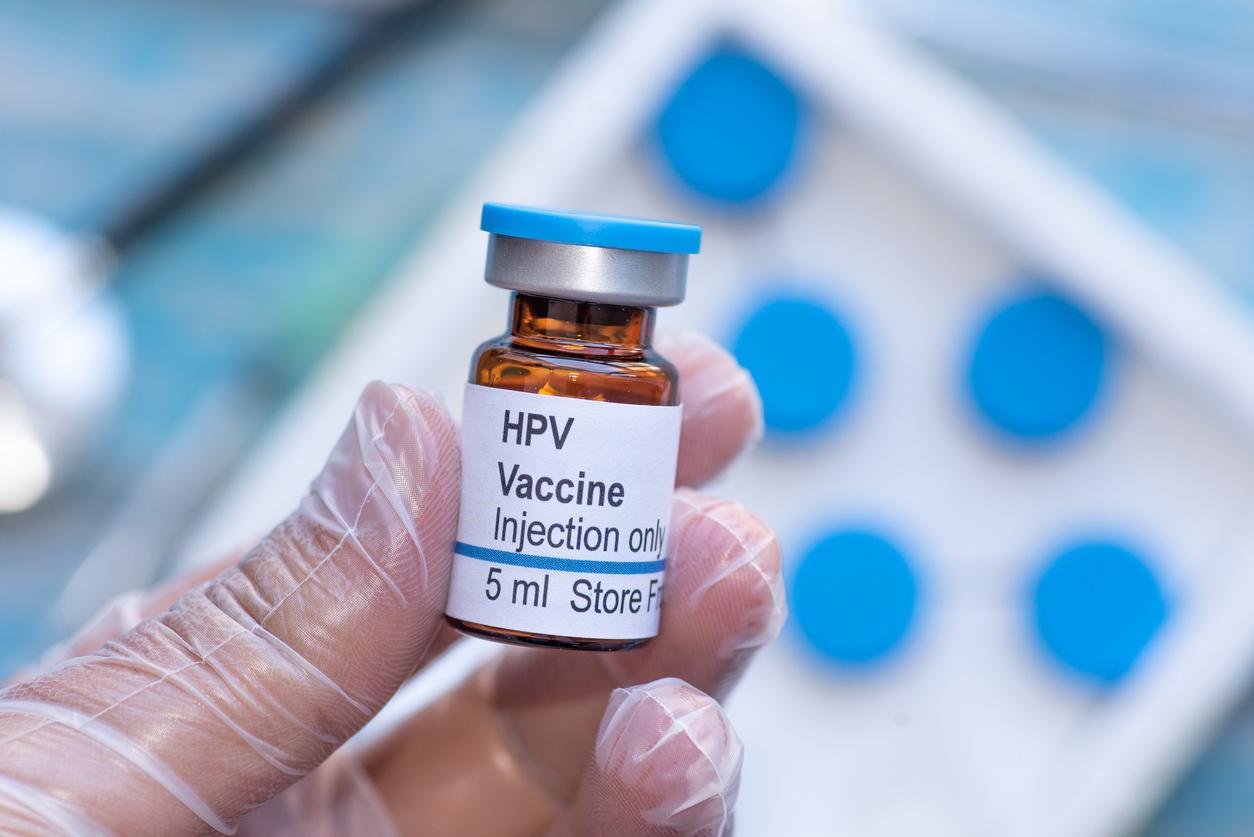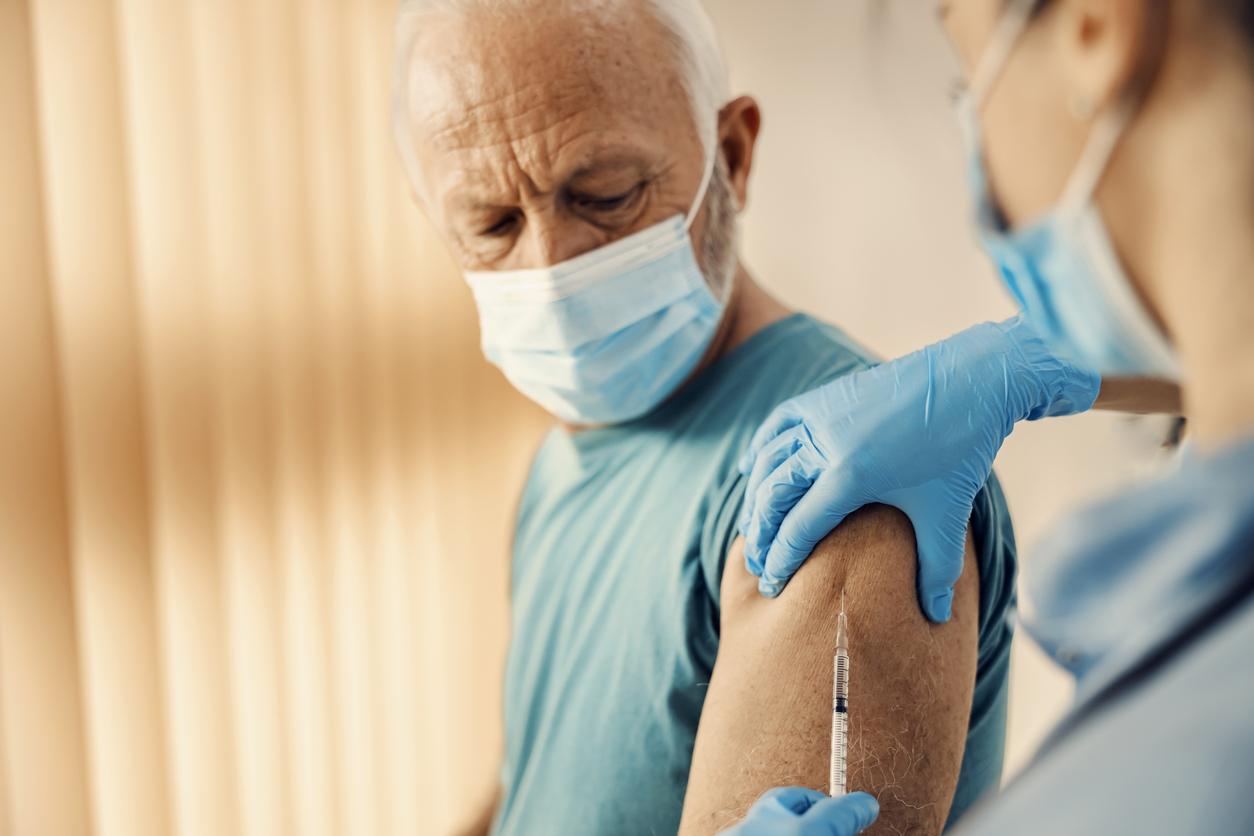A French company is developing a patch to improve vaccine coverage against pertussis in adults.

Whooping cough is often considered a childhood illness. Wrongly, since it does not spare adults, and an upsurge in cases has even been observed in recent years. In question, the effectiveness of the vaccine used since the end of the years 1990, which fades over time. As a result, boosters are necessary throughout life to maintain protection against the bacteria responsible for this respiratory disease. However, few adults are up to date with their recalls. It is with the objective of improving this immunization of adults that the French company DBV Technologies, associated with BioNet-Asia, has chosen to develop a vaccine in the form of a patch.
Non-invasive and self-administered
The French company is familiar with patch technology since it already markets epicutaneous therapies for the treatment of peanut allergies. “Using the immune properties of the skin represents a major paradigm shift in the field of vaccination”, underlines Dr Pierre-Henri Benhamou, CEO of DBV Technologies. And indeed, if the experimental results are replicated in humans, Viaskin rPT could become the first non-invasive, self-administered pertussis vaccine. Because the patch would make it possible to carry out its vaccine booster, after prescription, in complete autonomy. For those allergic to needles, the disappearance of the booster shot could also be a weighty argument.
The patch will contain a genetically detoxified pertussis toxin, rPT, produced by BioNet-Asia. And it is in Switzerland that the phase 1 clinical trial, the recruitment of which has just started, will be carried out. “We know that frequent boosters are needed to maintain protection against pertussis, and our preclinical results have shown that Viaskin can reactivate immune protection. We are impatient to see if these results are replicable in humans ”, commented Prof. Claire-Anne Siegrist, director of the Vaccinology Center of the Geneva University Hospitals. This randomized, double-blind, placebo-controlled phase I study will evaluate the safety and immunogenicity of stepwise doses of rPT administered epicutaneously in 60 healthy young adults.
Protect babies
Maintaining immunity against whooping cough in adulthood certainly protects against infection, but it is also an essential element to protect the youngest. Babies, even vaccinated, are not fully protected against the bacteria before they are six months old. But in toddlers, whooping cough can lead to major complications, even sometimes fatal. And having already had whooping cough is not an argument for not achieving its reminders: the disease does not confer lifelong immunity either. INPES recommended thus, in addition to a booster at 25 years, to vaccinate those around infants if the last booster was more than 10 years old.
.
















